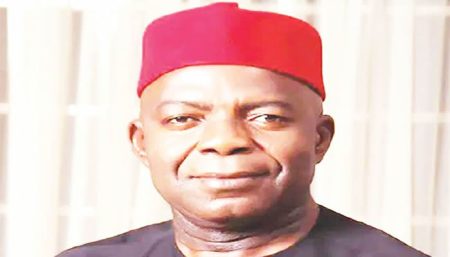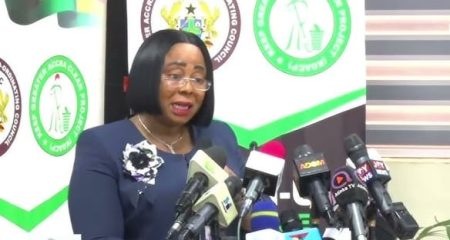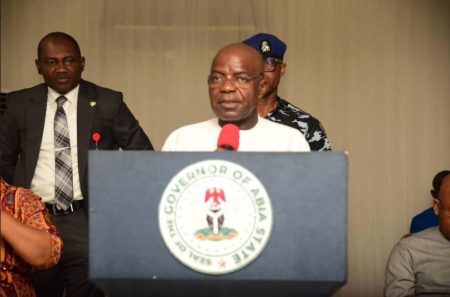The collapse of UniBank in Ghana, a significant event within the country’s financial sector cleanup, has sparked controversy and calls for greater transparency and accountability. Revenue Mobilisation Africa (RMA), a civil society organization, has publicly questioned the government’s handling of the situation, particularly the Attorney General’s decision to discontinue criminal charges against the bank’s former directors. While acknowledging the government’s efforts to recover assets, RMA argues that justice and transparency should not be sacrificed for expediency. The organization has called for a full-scale public inquiry to examine the circumstances surrounding the bank’s collapse and the subsequent actions taken by regulatory bodies and government officials.
Central to RMA’s concerns are discrepancies in the financial data used to justify the revocation of UniBank’s license. The organization alleges that the initial figure of GHC5.7 billion cited as the bank’s liabilities was significantly inflated and not supported by subsequent reconciliations. RMA claims the actual liabilities were closer to GHC2 billion, and further asserts that the government itself owed UniBank nearly GHC2.9 billion – a sum that could have potentially prevented the bank’s collapse. These inconsistencies raise serious questions about the validity of the grounds for the bank’s closure and the potential misuse of public funds in the subsequent cleanup process.
The financial sector cleanup, which encompassed several other banks besides UniBank, has been a costly undertaking for Ghana, estimated to have cost taxpayers upwards of GHC25 billion, potentially reaching GHC30.3 billion when broader economic impacts are factored in. RMA acknowledges the recovery of assets, including GHC824 million in properties and a projected US$1.2 billion in loan recoveries, but insists that these recoveries do not absolve the government and regulatory bodies from accountability for the overall handling of the crisis. The organization argues that the lack of transparency and the potential misrepresentation of financial data warrant a thorough investigation to determine the extent of any wrongdoing and to prevent similar occurrences in the future.
RMA has outlined a six-point action plan to address the issues surrounding UniBank’s collapse and to promote greater accountability within the financial sector. The plan calls for an independent public inquiry into the roles played by the Bank of Ghana, the Receiver, and past and current Attorneys General. It also demands the prosecution of any public officials found to have misrepresented financial data or mismanaged asset recoveries. Furthermore, RMA advocates for a reversal of any suspect asset transfers, particularly those involving politically exposed persons, and a forensic audit of the Receiver’s asset valuation and liquidation decisions. The organization also recommends amending Act 930 to require parliamentary oversight in future bank resolution processes and creating a Financial Sector Ombudsman to enhance oversight and protect public interest.
Beyond these specific demands, RMA has issued a broader call for civic engagement and a strengthening of institutional trust. The organization urges civil society, the private sector, and organized labor to actively demand answers and accountability from the government and regulatory bodies. RMA emphasizes the importance of a financial system that protects investments and respects due process, and calls for solidarity with those who lost jobs as a result of the banking sector crisis. The organization warns that the lack of accountability in the UniBank case could erode public trust in Ghana’s legal and financial systems, and emphasizes the need for transparency and justice to restore investor confidence and build a fairer economy.
The Attorney General’s decision to drop charges against former UniBank directors has raised concerns about potential impunity and the need for a full investigation to uncover the truth behind the bank’s collapse. RMA’s intervention has brought renewed attention to this issue and may lead to increased pressure for parliamentary hearings, regulatory reforms, and greater transparency in future bank resolutions. The organization’s advocacy underscores the importance of accountability and good governance in the financial sector, and the need for a system that protects both public funds and the interests of all stakeholders. The unfolding situation highlights the crucial role of civil society organizations like RMA in advocating for transparency and holding those in power accountable.














